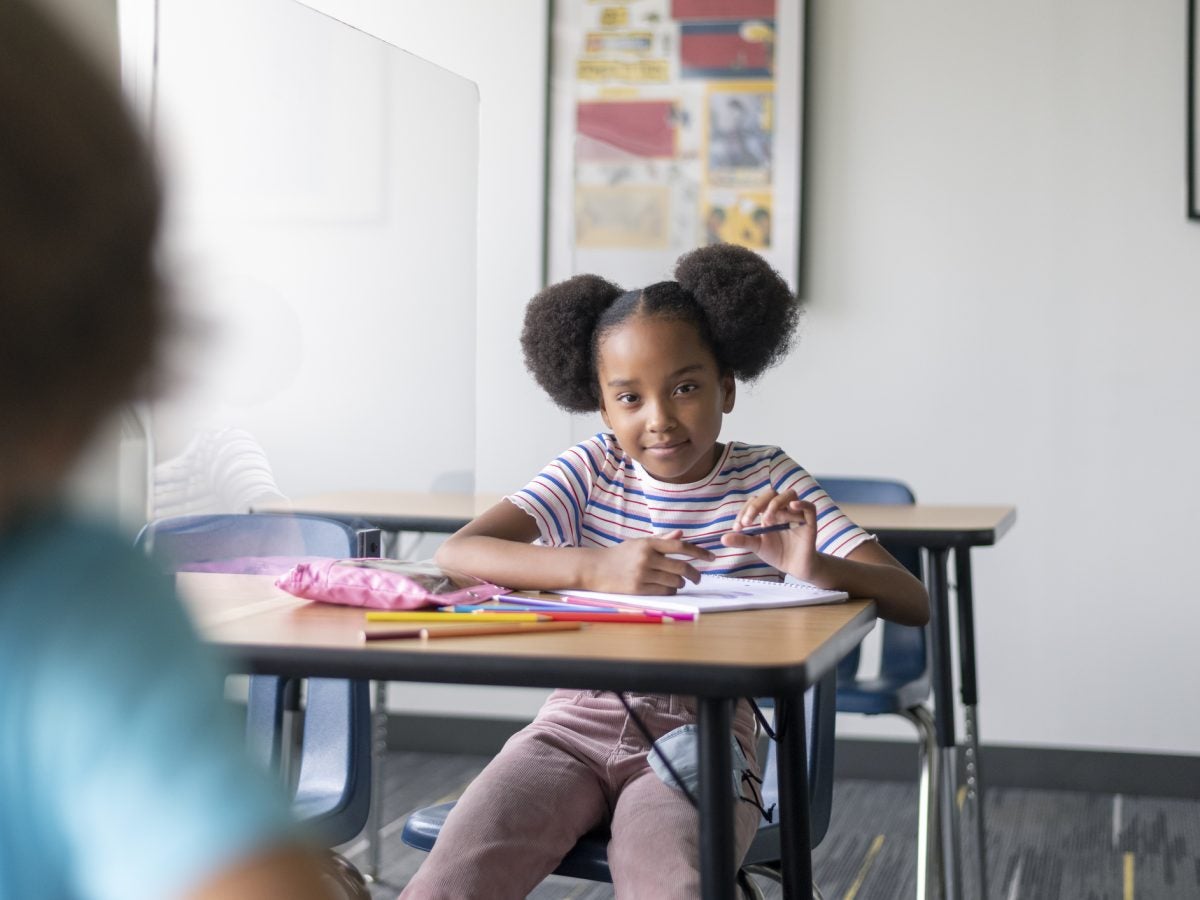
Bye, bye summer! It is time for a new school year to begin. Research indicates that the number one predictor of a child’s academic success is high parental involvement. When a parent is more hands-on in their approach to their child’s learning, including communicating with teachers, volunteering when opportunities arise at school, and prioritizing learning at home, kids have better educational outcomes.
I know this from experience. I have been in education for 27 years as a teacher, assistant principal and presently, as a principal. Parental involvement has declined and it’s important that we’re all doing our part. We need to bring the village concept back now more than ever, as the pandemic greatly impacted the academics of the youth, particularly those in poor and minority communities. An action plan is needed in the hopes of turning things around for the better now that the pandemic has officially ended. With that in mind, here are some back-to-school tips for a transformative school year — from an educator’s perspective.
Reestablish school routines. Two weeks before school begins, start waking your child up a bit earlier each day so that he/she can get into the practice of getting up early for school.
Make sure physicals and immunizations are up to date. Students have 30 calendar days to turn in their physical and shot records or they will be dismissed.
Attend the school’s open house to meet your child’s teacher. It is important to know your child’s teacher, the principal, and the assistant principal. Fill out all paperwork and return it to the school as soon as possible. Share any important information about your child with the teacher and make sure the teacher knows how your child will go home each day (bus, car, or daycare).
Learning begins at home. You are your child’s first teacher and role model. Make it a priority to spend quality time with them. Instill morals, values, and discipline in your child. Ask them about their day at school and have conversations with them about life.
Talk with your child about the value of obtaining a quality education. Your child has a role and a responsibility in their learning. They should know that you have high expectations, expect good grades, and they should do their very best at all times. Remind them that they are smart, talented, and able-bodied individuals who can achieve anything.
Make sure your child is on time and in attendance each day. When your child is tardy or absent from school they are losing quality instruction and every minute counts. Getting your child to school on time needs to be a daily priority.
Make sure the school has the correct address and phone numbers. There is nothing scarier than having an emergency regarding a student and the school cannot get in touch with the parent or guardian. Be sure to have an updated address and phone number on file at all times.
Establish a consistent form of communication with the teacher and keep in touch throughout the school year. You always want to know about your child’s academic, social, and behavioral progress. You should not wait until your child receives a report card or progress report to communicate with the teacher. Consistent communication should begin day one and continue throughout the school year. Schedule regular parent-teacher conferences with the teacher and communicate via school agenda, phone, email, Class Dojo, text, or in person. If there is a concern or an issue, set up a meeting with the principal.
Build a positive home-school relationship. It is not a good practice to argue with, curse out or try to fight the teacher or school personnel. It takes a village to educate our babies and the village should be free of toxic attitudes and behaviors.
Designate a quiet area in your home for your child to study and do homework. Your child should complete homework and read for at least 30 minutes on a nightly basis. Ask your child questions for comprehension. Talk with the teacher about other ways you can assist your child with their learning.
Attend curriculum nights, parent nights, workshops, PTO meetings, and other events. It is imperative for you to be an active participant in your child’s educational journey. When you attend curriculum nights and other events, you get insight on what your child is learning and it will allow you to help them with their homework. Volunteer to assist with school events such as field day, a field trip, or the school carnival.
Do not assume your child will have the same negative school experiences that you had. I have had many parents share grievances from their own time in school. It’s important to think positive and know that the school is an ally who wants positive experiences and success for your child. Give it a chance and build meaningful relationships with the staff.
If your child is sick, has a fever, or any other symptoms, please keep them home. A child who is sick will not be able to do their work and is likely to spread the illness to other students and staff members, so please keep them home until they feel better.
Celebrate and acknowledge your child’s successes. Make it a habit of celebrating your child’s successes, big or small, because consistency is what transforms average into excellence.
Dr. Shanessa Fenner is an elementary school principal, podcast host, writer for 16 publications, songwriter, print model, and more.